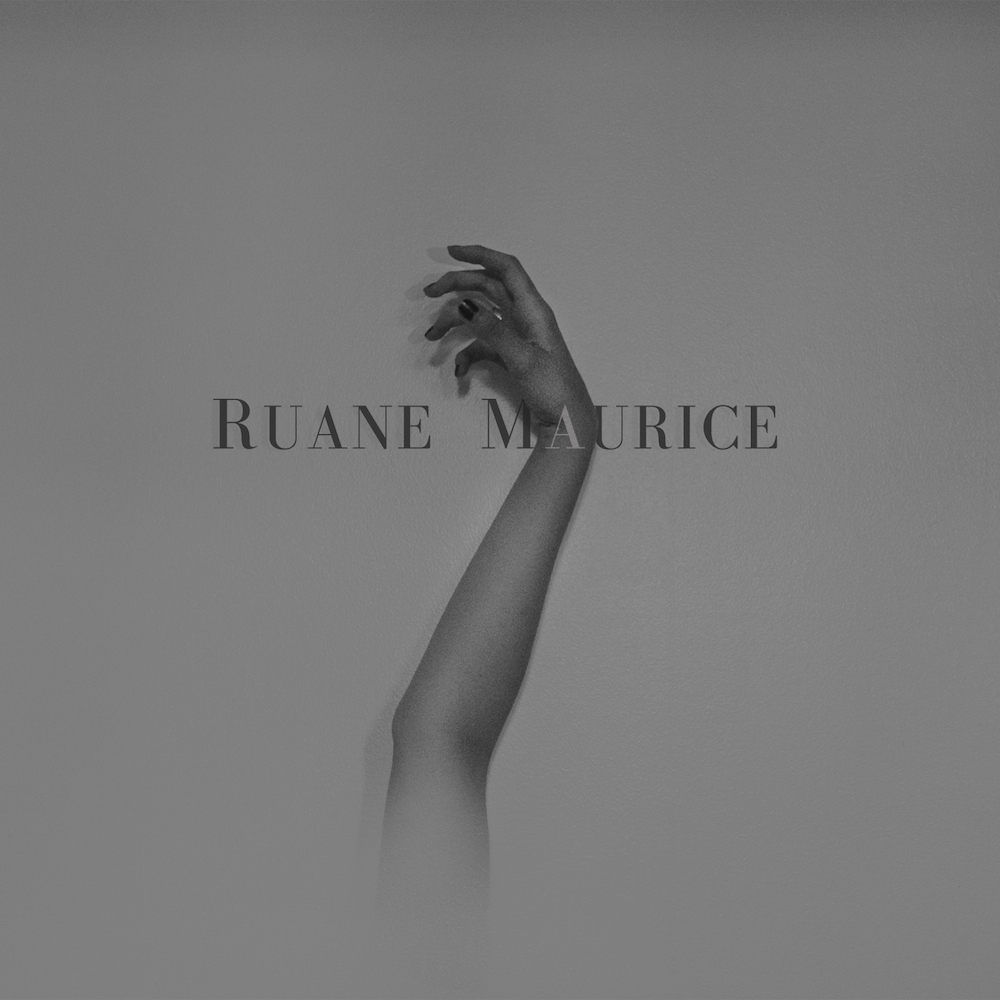Ruane Maurice
‘Nomenclature’ video
Press
“Really interesting experimental hip hop and a really good album” – The Wire
“Ruane Maurice are masters of painting a sonic mise en scéne” – Noisey
“They are rawer than Ghostpoet, whiter than Dels, easier to understand than The Streets, and quite a bit more British than Shabazz Palaces… Rare amongst contemporary English bands, they combine their affinity for different genres into a dusky and innovative whole.” – Orange Peel
“A prime cut of dark, brooding hip-hop” – PopMatters
“Ruane Maurice produce one of the most originally intoxicating hip-hop hybrids you’ll hear this year. ” – Obscure Sound
“It’s hard not to notice their impeccable production (…). The layering and composition, the smokiness, the way every sound molds to the next, make these guys so fresh and exciting to hear. (…) It’s a true partnership, musicianship at its finest.” – IX Daily
“Such a dark and twisted album, from the heaviest and most impacting bars, the lyricism wipes the floor and lays a new one in the Uk Hip-Hop industry.” – MDH
“The terrain of musique concrète is turned over for fun production, and raspy, recited deliveries” – IMPOSE
“Ruane Maurice blow our tiny little minds with their brand of contemporary hip-hop mixed with an electronic vibe” – Amazing Radio
“Cool, experimental R&B hip hop” – That’s Deck via EMS Radio
“Ruane Maurice take their inspiration from just about everywhere… but whoever sounds this beautiful, is allowed to copy. Ruane Maurice take stylistic cues from some of the biggest bands and then combine it into something even bigger.” – Radio SRF
“There is something almost scientific about Ruane Maurice. They have the ability to create several experiments within each track, combining different genres to create a unique sound that doesn’t just purely focus on the exterior connotations of Hip Hop, but on the internal ones… focusing on the fragility of the ego.” – Stimulate Your Soul
Biography
Caedus, Forbes, and Lewis grew up in cities nestled squarely in the shadow of former English industrial power. Growing up, musical influences trickled in: Afro-Caribbean gospel, American blues, alt rock, grime, and electronica. After a brief period releasing ambient dance music in Germany, Forbes moved back to London in 2012, DJing and crafting music that The Guardian described as “a frisky uptempo collision of synth squiggles and bouyant African-Caribbean percussion.” As a solo producer, however, Forbes soon came to feel that writing music alone was adversely affecting his creativity—a feeling dispelled by partnering with long-term friends, Lewis and Caedus.
The band’s early embrace of experimentation was in part a knee-jerk reaction to the local UK dance scene, which discouraged hybridization, and in part the result of Forbes’ formal studies in sonic art. His dissertation explored the therapeutic and physical nature of music—how sound changes emotion, heart rate, and neural connections. Ruane Maurice’s experimentations with ambience and dance music are permeated with real-world sampling, more in the vein of Music Concrete than of the standard sampling techniques found in Turntablism and Hip Hop (i.e. rain splashing in “Nomenclature”, water-proofed contact mics emerged in Koi ponds in “Fish Tanks”, erratic dinner party conversations in “Farne”). Unconventionally, their lyrics are largely written by committee, with all of the members penning lines that meld abstraction with universal concerns: relationships, loss and identity.
Together for little over a year, Ruane Maurice have already played some of the UK’s most respected venues (Motion, Corsica, Kraak Event Space), garnering attention for both their live shows and DJ sets. Future events include performances with some of electronic music’s heavy weights—Mount Kimbie, Pariah, Todd Edwards, and many more. Their self-titled debut album Ruane Maurice releases September 9th 2014 on Brooklyn label, Stars & Letters Records. A UK album release tour is planned for October.
For Ruane Maurice, the world is filled with opportunities to cut, transform, layer, and dissect—but their propensity for fragmentation and desire to push boundaries shouldn’t be confused for anything other than a united vision of what the future of electronic music can sound like.



